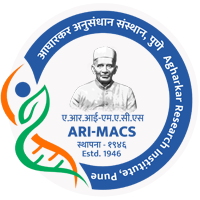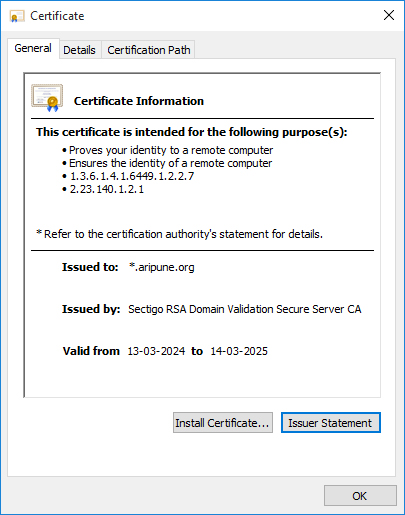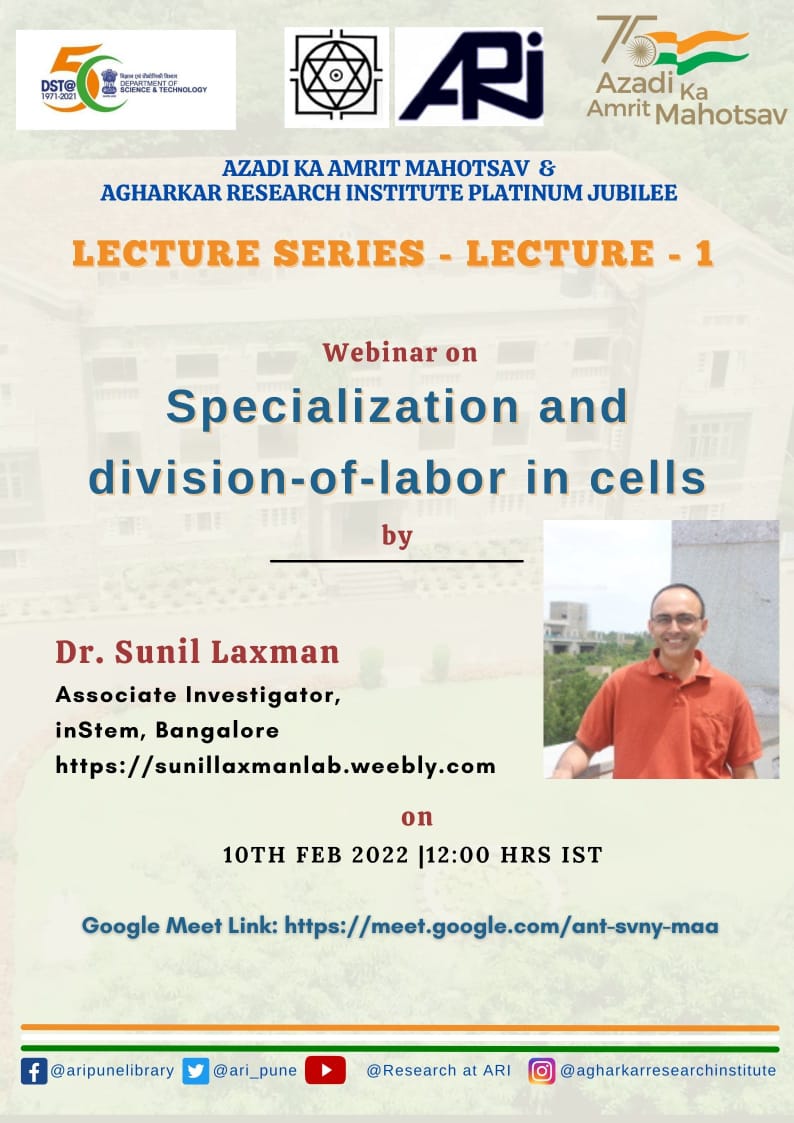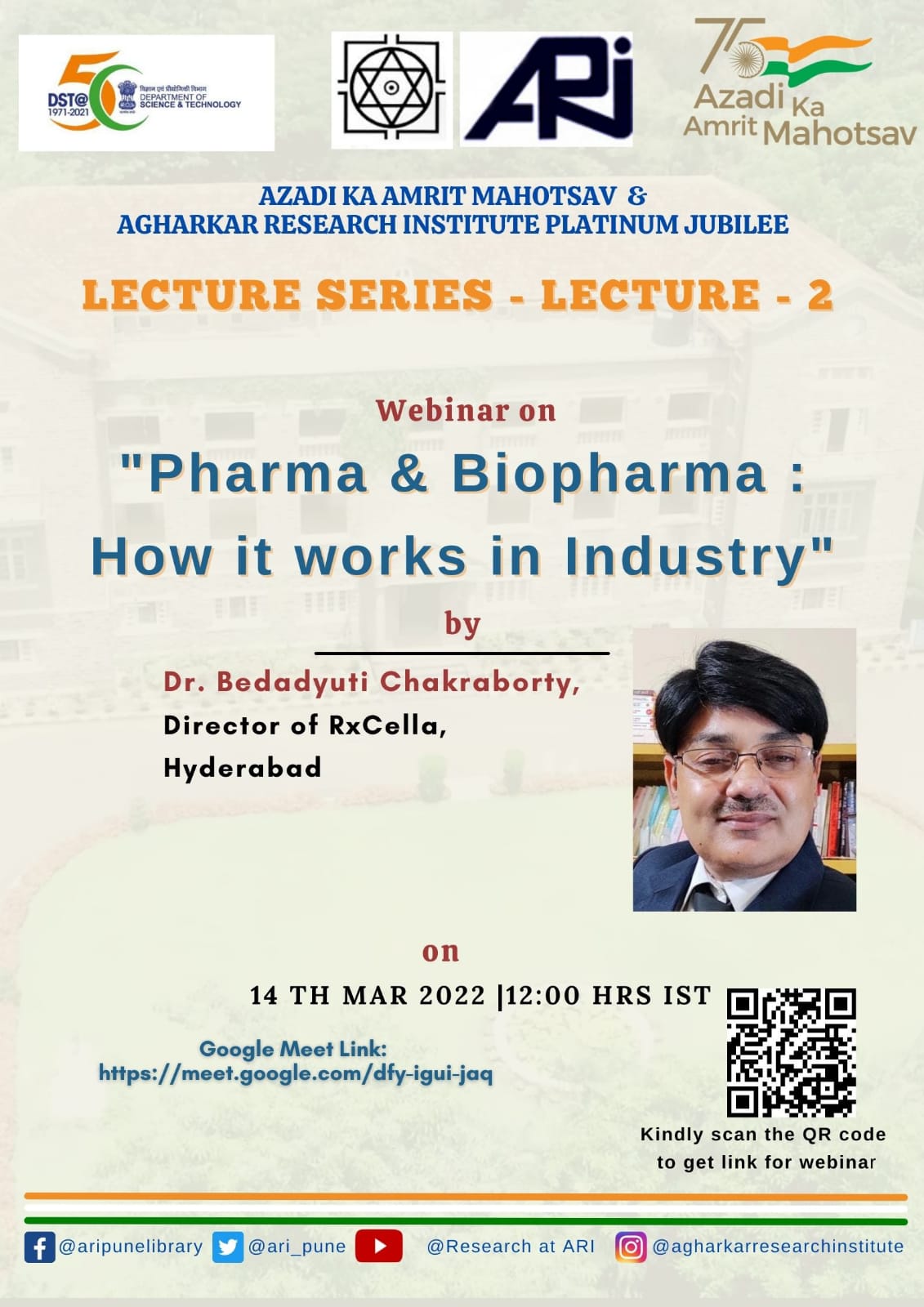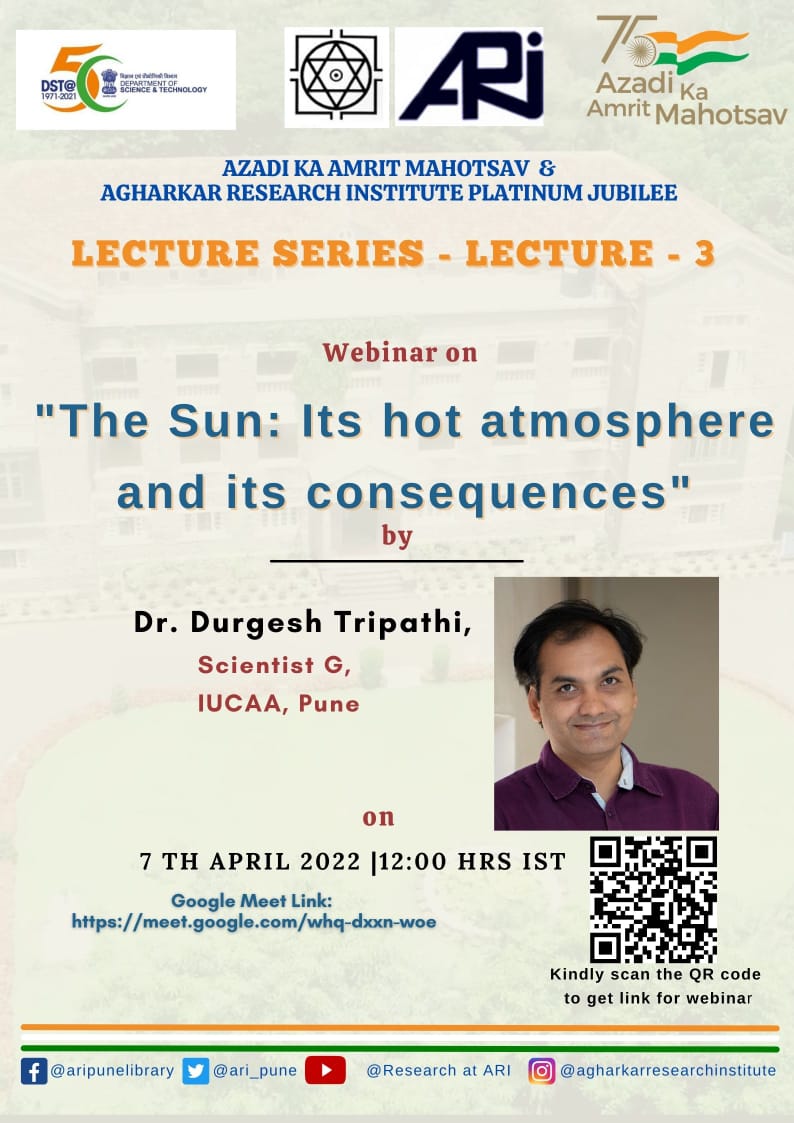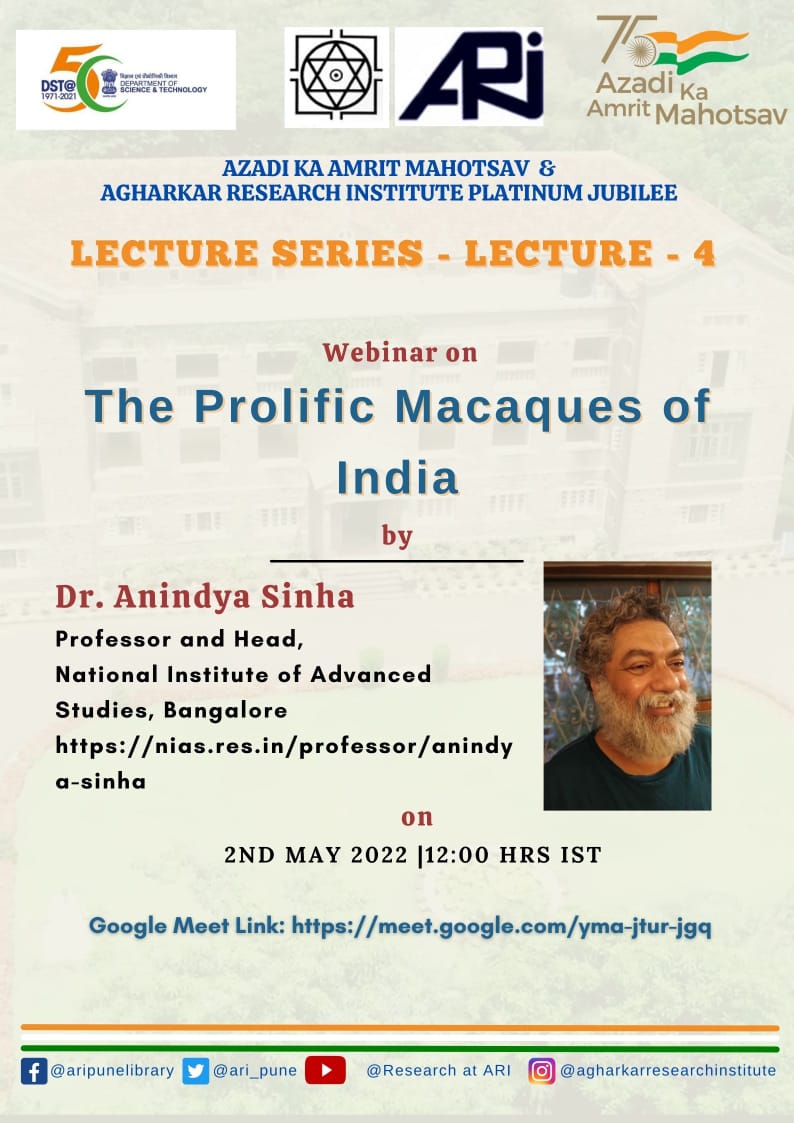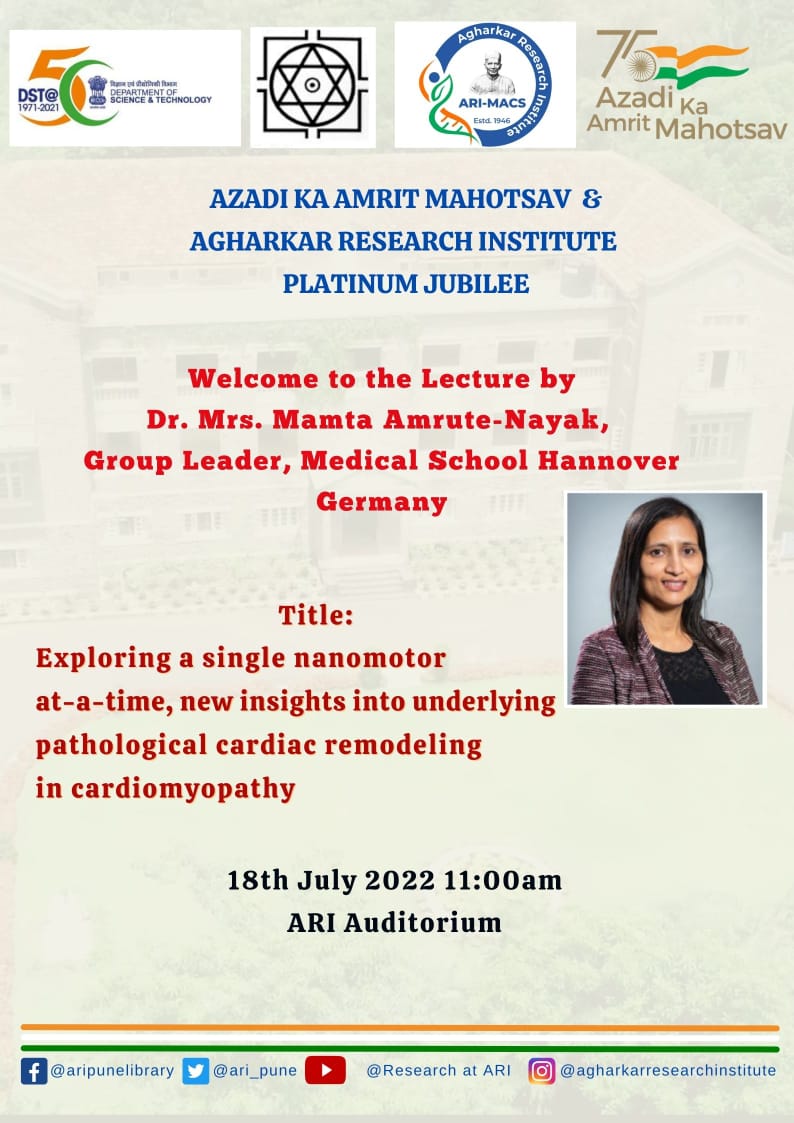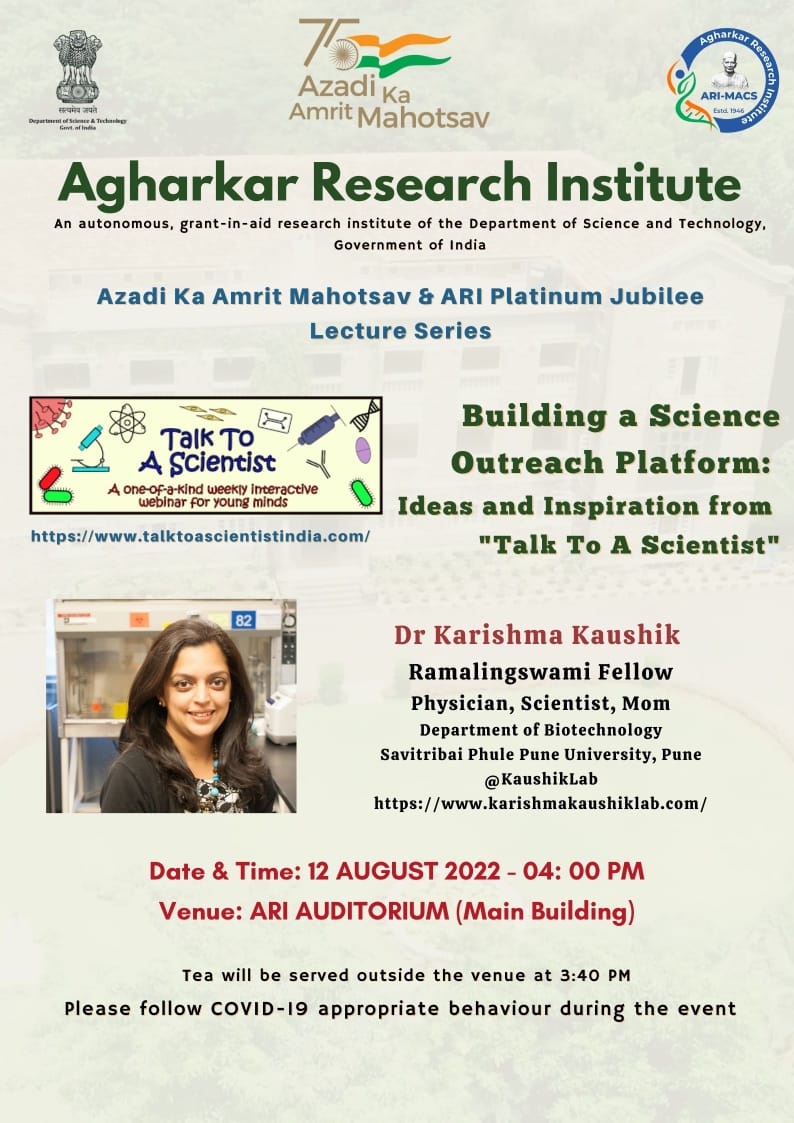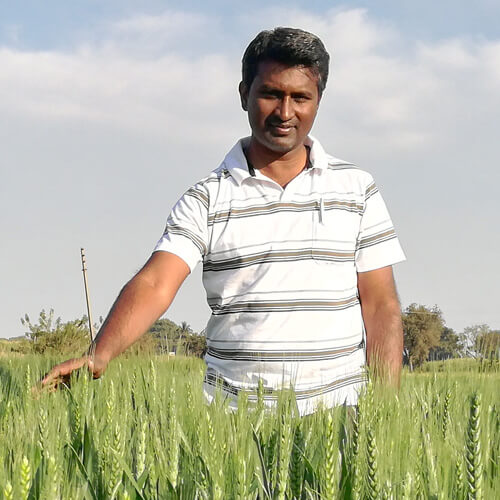
Google Scholar / Social Media
Name : Dr. Yashavanthakumar K J
Designation : Scientist – C
Brief Background :
I brought up and had my early studies with a taste of agriculture in a remote village. A basic interest in biological science and my curiosity in plants prompted me to choose Agriculture as my major studies. I started my career as a research associate at UAS, Dharwad, Karnataka, explored the conventional and molecular breeding approaches for improving yield and fibre quality traits in cotton and blast resistance in rice.
During my doctoral studies, I developed the introgression lines for Lr34 and Lr68 durable leaf rust resistance in bread wheat and identified few novel sources of multiple APR genes from NBPGR germplasm collection. In the year 2016, I joined ARI Pune, took lead of ICAR-AICRP Wheat breeding programme. We as a team successfully achieved the mandates of all India coordinated wheat experiments and quality breeder seed demand.
Our varieties MACS 6222, MACS6478 and MACS2971 are gaining more popularity among farmers of Maharashtra and Karnataka. At the same time I got an opportunity as a trainee at Global wheat breeding programme, CIMMYT, Mexico and improved my skills of interaction with plant, field and environment.
I admired the plant breeding to improve socio-economic value chain in the interest of nutritional food security for the betterment of human life. Two of our recent durum wheat varieties MACS 4028 and MACS 4058 have been identified as Bifortified. We are in line with the national mandate of popularising these varieties through different ICAR-Krishi vigyan kendra (KVK) to overcome hidden hunger.
Contact Details :
9972842610
Research Gate : https://www.researchgate.net/profile/Yashavanthakumar_Kakanur
ICAR-AICRP Wheat webpage : https://www.aicrpwheatbarley.org/pune/
- Ph.D (Genetics & Plant Breeding), University of Agricultural Science, Dharwad,
- M.Sc. (Agri), University of Agricultural Science, Dharwad
- B.Sc.(Agri), University of Agricultural Science, Bengaluru
- Wheat improvement program at ARI aimed at developing superior varieties in Bread wheat ( aestivum), Bansi/Rava wheat (T. durum) and khapli wheat (T. dicoccum).
- Based on farmers need and ecosystem requirement we target three planting situations viz, irrigated, restricted irrigation, late sown condition.
- To introduce new superior variety in to farmer’s field through research and seed chain, it roughly takes 15 years. It starts with screening and hybridisation of best parental lines and development of segregating combinations for genes/traits. We rigorously follow selections for desirable combinations among large population in a real field test environment over seven breeding cycle generations. Then we test them at multi-location trials for 6 years to evaluate stable performance under national coordinated system ICAR-IIWBR.
- Utilization of the Indian and exotic germplasm in hybridization program, 1)To develop high yielding disease resistant wheat varieties 2) To enhance drought and terminal heat tolerance 3) To improve the end users grain quality.
- Development of mapping population and marker assisted selection
- Wheat germplasm evaluation and characterisation for trait discovery
Research out reach
- Our programme targets roughly 5 lakh farmers with 9 lakh ha area of peninsular zone (PZ), Maharashtra and Karnataka.
- We maintain the quality seed chain to the industry and farmers and hence currently MACS wheat varietal seeds reach 1.5 lkah farners with 2.5 lakh ha area of PZ.
- We are reaching farmers to transfer new wheat production technologies through public out-reach programs like frontline demonstrations, Kisanmela, social media and newspapers articles.
Current projects & collaborators
- All India Co-ordinated Research Project on Wheat, ICAR-IIWBR, Karnal
- Germplasm characterization and trait discovery in wheat using genomics approaches and its integration for improving climate resilience, productivity and nutritional quality, DBT-NBPGR
- Wheat Nucleus and Breeder Seed Project, MACS-ARI & ICAR-Wheat
- International wheat germplasm evaluation, CIMMYT-Mexico, ICARDA-Lebanon
Publications:
- Notification of crop varieties and registration of germplasm, 2020: MAC3949 and MACS4028, Indian Journal of Genetics and Plant Breeding 79(4): 765
- J. Yashavantha kumar, S.A. Desai, S. S. Biradar et al. 2018, Phenotyping slow leaf rusting components and validation of adult plant resistance genes in exotic wheat germplasm, Australasian Plant Pathology, Volume 47(6): 571–578
- Prashanthi S. K., Dnyaneshwar B Deshmukh., Yashavantha Kumar K. J., et al. 2017, Introgerssion of Pi2 and Pi5 genes for blast (Magnoparthe oryzae) resistance in rice and field evaluation of introgression lines for resistance and yield traits. Journal of Phytopathology, 165: 397-405
- Yashavanta kumar, K.J., Patil, R.S., Patil, S.S., Katageri, I.S., 2008, Genetic Studies of Yield Components, Seed Oil and Fibre Quality Traits in Cotton (Gossypium hirsutum L.). Karnataka j. of Agric. Sci., 20(3): 545-547.
- Plant varieties: Notified via Gazette and central varietal release committee New Delhi.
- MACS 4058(d) for Restricted irrigated for the timely sown condition of Peninsular Zone (Maharashtra and Karnataka), India (2018.S.O 3482 (E)).
- MACS 4028(d) for Rainfed respectively for the timely sown condition of Peninsular Zone (Maharashtra and Karnataka), India (2020.S.O1379 (E)).
Popular articles in local languages (Marathi)
- Vijendra Baviskar, Yashavanthakumar K.J., Sudhir Navathe and Vilas Surve. गव्हाच्या उशिरा पेरणीचे नियोजन.Bhusanvardhan Magazine, Feb 2020.
- Vijendra Baviskar and Yashavanthakumar KJ. जिरायती गहू लागवडीचे तंत्र.Agrowon, 3 November 2018, Pg 11.
- Yashavanthakumar K.J., Vijendra Baviskar, and Sudhir Navathe. बागायती गहू लागवडीची सूत्रे Agrowon Rabi special (ऍग्रो वन रब्बी विशेषांक). 1 Oct, 2020.


